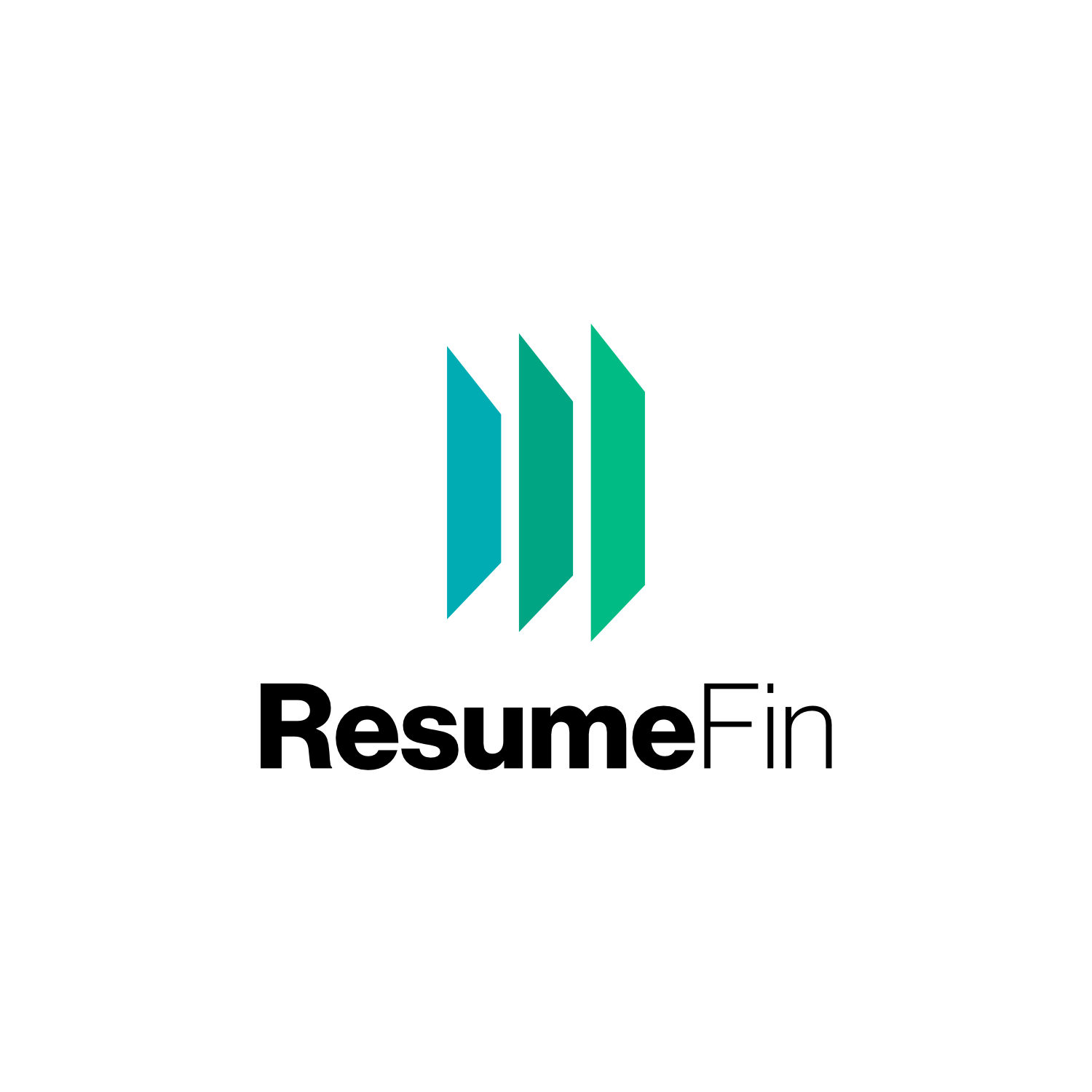Normal Jobs vs. Entrepreneurship: Why Not Everyone Needs to Be Their Own Boss
- Carlos Stanza
- Apr 18, 2025
- 4 min read

If you’ve ever fantasized about ditching your 9-to-5 to become your own boss, you’re not alone. The allure of entrepreneurship—freedom, creativity, and financial potential—is strong. But for many working professionals and job seekers, sticking with a traditional job can actually be the smarter, safer, and more rewarding choice.
In this post, I’m diving deep into the debate of normal job vs entrepreneurship, sharing the real-world benefits of staying employed, and why it might make more sense for you. Spoiler: It's not about giving up on dreams. It’s about being smart with your career path.
The Security of a Regular Paycheck
Let’s start with the obvious: traditional jobs come with a consistent paycheck. That consistency allows you to plan your finances, save for the future, and build credit—all of which are tougher when you’re launching a business from scratch.
Entrepreneurship, on the other hand, often involves unstable income, especially in the early years. Even profitable businesses can experience dry spells. Unless you have significant savings, that unpredictability can be stressful.
According to a U.S. Bank study, 82% of small business failures are due to poor cash flow management. Many entrepreneurs underestimate how long it will take to earn steady income.
Benefits: Health Insurance, 401(k), and Paid Time Off
These are the golden handcuffs of traditional employment—and they’re not to be dismissed lightly. When you work for a company, especially a mid to large-sized one, you often get access to comprehensive benefits:
Health, dental, and vision insurance: These plans can cost thousands per year out of pocket if you’re self-employed. Employer-sponsored plans are typically more affordable and offer better coverage.
Retirement contributions and 401(k) matching: Many companies match your contributions up to a certain percentage—essentially free money toward your future.
Paid vacation, sick leave, and holidays: Time off isn’t just about rest—it’s essential for mental health and productivity. Entrepreneurs often work through illness or skip vacations to stay afloat.
Parental leave, wellness programs, and more: From mental health resources to gym memberships and tuition reimbursement, these extras can greatly enhance quality of life.
Entrepreneurs? They have to figure all this out (and pay for it) themselves. That’s time, money, and brainpower not going toward growing their business. It’s also a heavy mental load that employees rarely have to carry.
Career Development and Mentorship
In a traditional job, you don’t have to go it alone. You’re surrounded by colleagues, managers, mentors, and industry leaders. You can climb the ladder, switch departments, pursue continuing education, and receive performance feedback. Structured environments often offer clear paths to advancement and recognition.
You also get access to professional development tools—conferences, certifications, coaching sessions—that help you sharpen your skills and grow within your role.
Contrast that with entrepreneurship, where you wear all the hats. Sure, you’re learning constantly—but often through painful trial and error. There’s no built-in guidance or structure unless you pay for it out of pocket. And finding the rightmentor or advisor can be a challenge in itself.
Risk vs Reward: Is It Worth It?
Entrepreneurship absolutely comes with high potential rewards. If you build something great, you can earn more than you ever would at a traditional job. You control your hours, your team, your mission, and potentially your legacy.
But it also comes with high risk. About 20% of businesses fail in their first year, and nearly half don’t survive past five. Cash flow issues, market changes, and burnout are all very real threats.
Traditional jobs, while potentially less lucrative, offer a more secure path to long-term financial stability. They also provide time and energy outside of work—something entrepreneurs often sacrifice.
Working a job doesn’t mean settling. It means prioritizing peace of mind, structure, and sustainability. It means having boundaries between your personal and professional life. And for many, that’s the true measure of success.
When a Traditional Job Makes More Sense
A normal job might be the better option if:
You value work-life balance and your free time
You need or want benefits (health insurance, retirement, etc.)
You don’t have the savings to risk inconsistent income
You enjoy collaboration, structure, and learning from others
You prefer to master a skill, trade, or climb a corporate ladder
You want a stable foundation while pursuing side passions or passive income streams
Entrepreneurship Isn’t for Everyone—and That’s Okay
There’s no shame in not starting a business. In fact, there’s a kind of wisdom in recognizing when not to take that leap. Having a steady job can fund other dreams—real estate investments, travel, hobbies, side hustles—without risking your entire livelihood.
Choosing a career path is about alignment with your lifestyle, goals, and values—not about chasing trends or societal expectations.
If you’re a job seeker or considering a transition, what matters most is making sure your resume tells the right story. That’s where I can help.
Get a Free Resume Review
Before you jump into your next opportunity—whether it’s a corporate role, a promotion, or a pivot—make sure your resume is in top shape. Get a free resume review from ResumeFin. Email me at carlos@resumefin.com for immediate assistance and personalized feedback.
Your next career move starts with a resume that gets you noticed!
Works Cited:
U.S. Bank. (2022). "Small Business Cash Flow Statistics."
U.S. Bureau of Labor Statistics. (2023). "Entrepreneurial Survival Rates."
Harvard Business Review. (2021). "Why Employees Stay: Job Benefits, Mentorship, and Stability."
SCORE. (2020). "The Real Costs of Starting a Business."





Comments